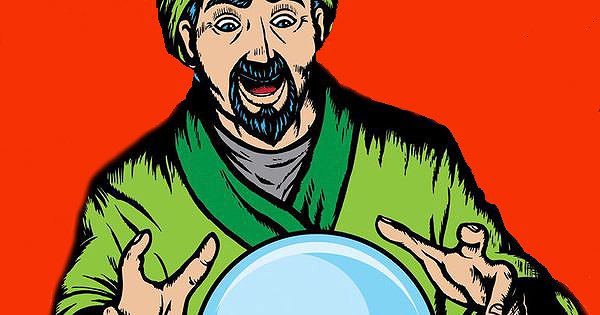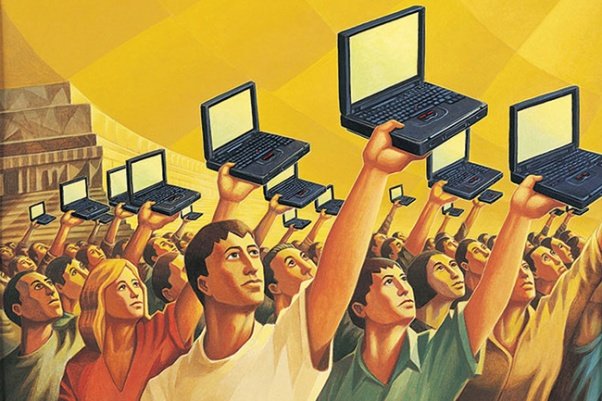
Democracy will be 2.0
Democracy is also likely to be quite different in the future. Looking carefully at the present, we can find precious hints about it. One can say that presently the way most representative democracies function is not yet adapted to the digital opportunities offered by the online environment. On the other hand, many of us are dissatisfied with conventional parties.
Nesta has come up with some forward thinking predictions in this regard. Will we move to a new concept of Democracy, perhaps Democracy 2.0? Writing for Nesta, Geoff Mulgan states:
“2015 will see the creation of new political parties organised in radically different ways.”
Mulgan believes that this is already happening, and predicts internet-era political parties emerging. The concept is based on open network parties. These are parties that have internet-based decision making structures. Such political parties reportedly include Podemos in Spain, Five Star in Italy and the Pirates Parties in Iceland, Sweden and Germany.
Meanwhile, in Argentina, Democracy OS has developed an approach that allows members to suggest ideas and grow and mould them online. It is argued that there are challenges with this approach since simply including more people does not mean that decisions are automatically “better.” However, what it does do is allow more people to input ideas that can shape policy, and helpfully it also presents the opportunity for more people to offer their expertise.
It is also explained that there may be hybrid models. These utilise the open nature of the internet while continuing to operate using leaders and committees and overall governments. It is predicted that internet age parties will soon start to become a reality in the UK. Similarly, Estonia is another example of a country that is digitally advanced and that has taken participatory democracy to another level. Estonian citizens vote in elections and approve laws using internet-enabled smart phones.
It is possible that this could be helpful in re-engaging people with politics in a more effective way again, since over time people have been disheartened about their lack of influence in the political system. Of course, if such parties do become a reality then existing parties will not be able to stay static but will have to develop as well. This could lead to a political situation that may be more energetic and adapted to the digital era.

An empathic civilization
Finally we turn to how people will be in the future. It has been suggested that people could become more connected and empathic. Jeremy Rifkin is an esteemed author on this topic, and in 2010 published a book called The Empathic Civilisation. It is explained how human consciousness has developed over time. One of the problems currently, it is argued, is that world leaders still base their ideas on the notion of the nation state, which is not helpful at the current time. We have already seen how self-interest that is so commonly a factor in politics today has led to an unsustainable global economy that is extremely damaging for our environment and for our communities. Looking at ourselves in an extremely individualistic way is damaging as a whole.
However, The Empathic Civilisation has happier news about human nature. It is argued that moving forward into the future, developments like the Internet and mobile technology will help to generate a period of what is described as distributed capitalism. This could be helpful in changing currently damaging situations like the current energy profile, and change it to a smaller scale, renewable energy approach. It is suggested that the changes in communication that are leading to widespread ability to communicate and connect with one another all of the time despite geographic, language and other obstacles that exist will change and eventually augment people’s empathy. Rifkin argues that this could lead to our empathy developing in such a way that we are better able to solve difficult issues, and take an approach that emphasises quality of life rather than materialism.
Many of these predictions for the future are extremely positive, especially the ideas relating to sustainability and greater empathy, as well as the concept of reengaging people in politics. What is interesting is that some of these visions, are not futuristic ideas at impossible reach. They are being experimented and tested right now. Take the case of the basic income idea: Finland announced in August 2015 their willingness to experiment with a basic income.
One way or another, and regardless of the feasibility of these ideas, it is important to understand how humanity is more than ever aware of our capacity for ontological design: What we design, design us back. Ultimately, it is up to us, as a connected society, to decide what visions and ideas to pursue.
What does the future hold for us Part 1

Maria Fonseca is the Editor and Infographic Artist for IntelligentHQ. She is also a thought leader writing about social innovation, sharing economy, social business, and the commons. Aside her work for IntelligentHQ, Maria Fonseca is a visual artist and filmmaker that has exhibited widely in international events such as Manifesta 5, Sao Paulo Biennial, Photo Espana, Moderna Museet in Stockholm, Joshibi University and many others. She concluded her PhD on essayistic filmmaking , taken at University of Westminster in London and is preparing her post doc that will explore the links between creativity and the sharing economy.


























